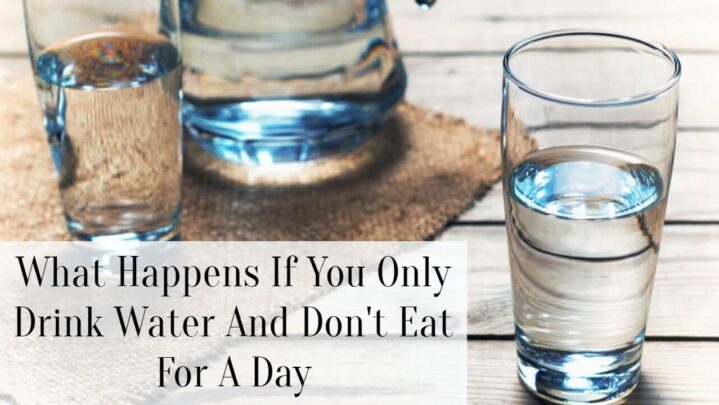While fasting may offer certain benefits, such as enhanced insulin sensitivity and lower inflammation, it also contains significant hazards, especially if not done effectively.
If you simply drink water and don’t eat for a day, your body will begin to convert its major source of energy from glucose (sugar) to stored fat. As the body breaks down lipids into molecules called ketones, which may be utilized as fuel for the brain and other organs, this process is known as ketosis.
You may suffer hunger, headaches, and exhaustion during this period while your body learns to use ketones instead of glucose. If you don’t drink adequate water, you may get dehydrated because your body loses water through urine, perspiration, and breathing.
Fasting may not be safe if you have underlying health concerns such as diabetes, liver or renal disease, or are taking certain drugs. Also, pregnant or nursing women should not fast since it might harm both the mother’s and the baby’s health.
Fasting for extended periods of time can be harmful, resulting in vitamin deficits, muscle loss, and other health concerns.
To summarize, fasting for a day by only drinking water may bring certain benefits such as weight loss and cleansing, but it may also pose some hazards, particularly if not done carefully.
If you decide to fast, it is best to do so under the care of a healthcare practitioner or a trained nutritionist.





